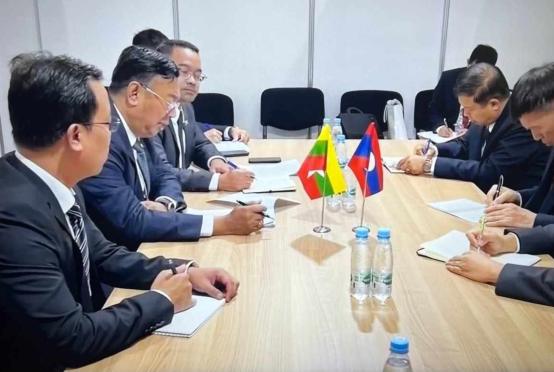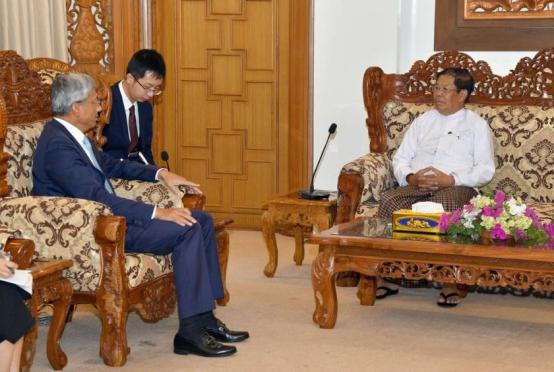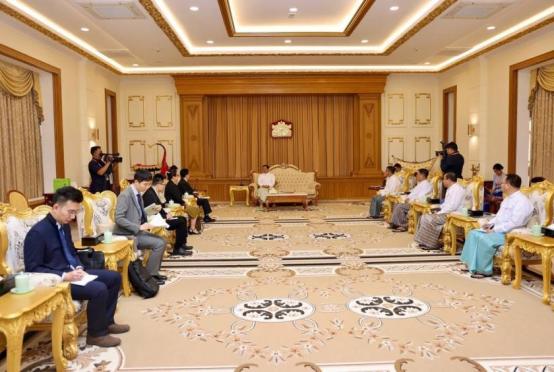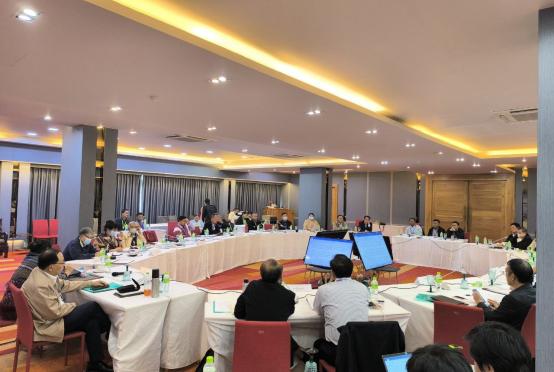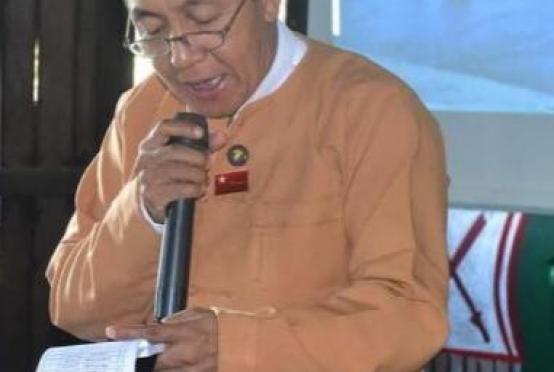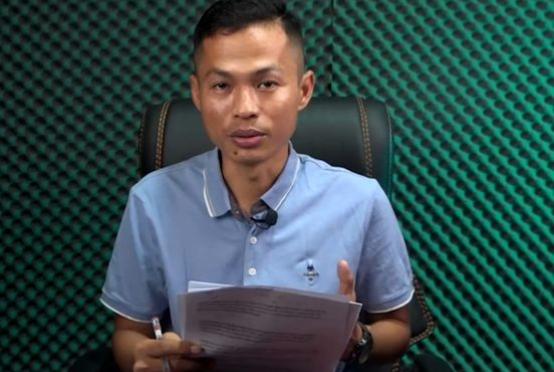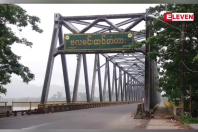BANGKOK (The Japan News/ANN) - Friday’s decision by the Japanese government to take further export control measures against South Korea has prompted fierce opposition from the South Korean government.
The trade dispute was caused primarily by Seoul’s violation of international law in relation to lawsuits about South Korean former wartime requisitioned workers.
An effort by the United States, which is an ally of both Japan and South Korea, to calm the dispute has not immediately moved the needle toward reconciliation between the two countries.
“I don’t know what [South Korean Foreign] Minister Kang Kyung-wha based her criticism [against Japan] on,” Foreign Minister Taro Kono said at a foreign ministers’ meeting of the Association of Southeast Asian Nations, Japan, the United States and South Korea in Bangkok on Friday.
His comment was in response to Kang’s strong criticism at the beginning of the meeting of Japan’s tightening control of exports to South Korea as being done “in a unilateral and arbitrary way.”
Kono continued by saying, “It is Japan’s role in the international community to effectively implement export controls.”
He also claimed that Japan’s decision to remove South Korea’s so-called white list status was made as part of its export controls only for security purposes. It was rare for Japan to exchange fierce criticism with South Korea at an international meeting.
The Japanese government has announced the renaming of the aforementioned list of trading partners qualified for simplified export procedures as “Group A.”
Japan’s explanation delayed
Tokyo’s position is that it is not an extraordinary move to exclude Seoul from the list of Group A nations. The European Union also does not regard South Korea as a trading partner that can receive preferential treatment.
However, there are not a few who consider Japan’s stance against South Korea as a “retaliatory measure.”
The Washington Post reported on the issue online Friday with the headline “Japan-South Korea dispute escalates as both sides downgrade trade ties.”
The story also introduced some experts who accused Tokyo of “using trade as a political weapon.”
Japan’s measures for strengthening export controls against South Korea were led by the Economy, Trade and Industry Ministry.
The Foreign Ministry, which is in charge of briefing the international community and foreign media, was excluded from the initial decision-making process and discussions on the issue.
Compared with South Korea, whose government unites to denounce Japan’s measures as “unjustifiable,” a Foreign Ministry official said, “Japan’s explanation seemed to be very delayed.”
Limit of U.S. patience
The United States, which has taken a wait-and-see attitude toward the dispute, attempted to ease the tension between the two countries at the strong request of South Korea.
Washington apparently fears that if the confrontation intensifies, it could pose a threat to security in Northeast Asia. U.S. Secretary of State Mike Pompeo on Friday urged the two nations to seek a compromise at a foreign ministers’ meeting among Japan, the United States and South Korea.
However, the Tokyo-Seoul confrontation stems from the South Korean government’s failure to concretely address its country’s court rulings regarding the issue of wartime requisitioned workers that would overturn the 1965 Japan-South Korea agreement on the settlement of problems concerning property and claims and on economic cooperation.
A Japanese government source said: “Even if the United States serves as the go-between, Japan will not change its position. Because Japan changing its attitude would send the wrong message to South Korea.”
There are mountains of problems between the two countries, including lingering issues about comfort women, the Takeshima islands and an incident in which the South Korean Navy directed fire-control radar at a Maritime Self-Defense Force plane.
Seoul mulls countermeasures
By Junichi Toyoura / Yomiuri Shimbun Correspondent
The administration of South Korean President Moon Jae-in will play up Japan’s move to remove its neighbor’s fast-track export status with the United States and other foreign partners until the measure is enforced on Aug. 28, with the aim of mounting pressure on Tokyo to withdraw the decision, according to sources close to talks among Japan, the United States and South Korea.
Seoul will take countermeasures when Tokyo eventually removes it from the so-called Group A list of trading partners qualified for simplified export procedures.
As one highly possible option, the South Korean government is mulling abandoning the General Security of Military Information Agreement (GSOMIA), a framework for the two neighbors to share information on North Korea’s nuclear and missile programs. The agreement is up for annual renewal in late August.
If South Korea decides not to extend the agreement, the move will likely trigger a backlash from the United States as it means Seoul would disrupt cooperation among the three countries against North Korea.
However, Seoul believes this could work to prompt the United States to call for Japan not to remove its neighbor from its fast-track export status, the sources said.
“We will step up safety measures starting with areas such as tourism, food and waste,” said Hong Nam-ki, South Korean deputy prime minister and economy and finance minister, during a press conference on Friday.
According to the sources, the South Korean government is considering an option to expand its import bans on fishery products from Fukushima and seven other prefectures.
Another plan has emerged to boycott next year’s Tokyo Olympics and Paralympics as part of efforts to reduce the number of South Korean tourists to Japan, which reached about 7.5 million last year.


